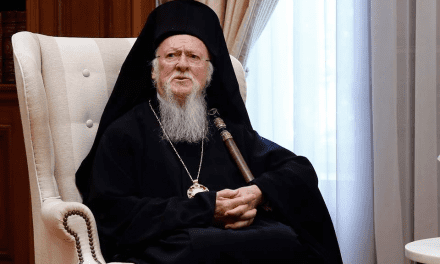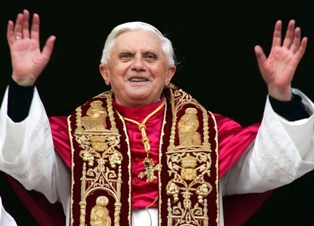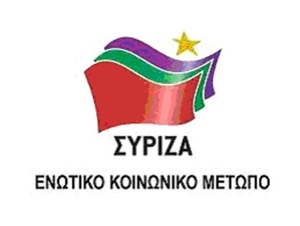By Gökhan Bacık, Ahval
Turkey’s current economic crisis is likely to end in one of three ways.
The first scenario is a new deal with the International Monetary Fund.
Since 1854, Turks have occasionally gone bankrupt. Since Ottoman times, Turks have appealed to the West for assistance. The present-day version of this appeal is to ask for a new deal with the IMF.
A deal with the IMF could give Turkey two short-term gains: vast foreign credit, and an improved global image. Many would interpret it as a promise to undertake economic and political reforms.
But is the IMF able to solve Turkey’s problems? Indeed, no. The gains that Turkey could secure from the IMF are short-term. But Turkey is not a country where the state and people change habits quickly. So even though a new deal with the IMF would provide some benefit, another bankruptcy is possible further down the road.
President Recep Tayyip Erdoğan might see a new deal with the IMF is politically risky. Erdoğan knows that an IMF structural adjustment deal would require some political reforms. But can Erdoğan afford even limited reforms?
Authoritarianism is now an essential part of Erdoğan’s survival strategy. Even a limited normalisation in the form of judicial or political reform may trigger new dynamics that could be lethal to Erdoğan’s survival strategy. Thus, Erdoğan could see some limited political reforms as part of a deal with the IMF as highly risky.
The second scenario is national reconciliation.
Initiated by political leaders from various backgrounds, national reconciliation might be an option to overcome Turkey’s acute problems. As part of that, political leaders would be required to tell the Turkish people that the country has serious problems. Representatives of all political groups would be expected to engage in a national dialogue to form a new political and economic strategy. The role of the government as well as the market would be redefined in the process of figuring out a new roadmap, which might see roles for both market actors and the state.
But the likelihood of national reconciliation is very low in Turkey. Each major political group sees at least two other major political groups as terrorists. Political and sociological capital regarding the Kurdish issue has also recently been tremendously weakened.
The third scenario is the consolidation of an Islamist regime.
Erdoğan needs the support of some 23 million voters to keep monopolising the state. Cognizant of the “silent opposition of the rest”, Erdoğan is sure that he can keep ruling Turkey as long as he secures the allegiance of his supporters. Thus, his strategy is to create a new economic model where the state is expected to be the major agent in distributing national wealth in a special way to secure those 21-23 million voters.
As a pragmatist political leader, he knows well that he is no longer able to create an economic miracle thus his best available option is to consolidate the relationship between himself and his supporters. This is to transform Turkey into an allocation state where the logic is reorganising the whole state mechanism into a conduit that distributes economic benefits primarily according to the special relationship between Erdoğan and his voters. So a key motivation of Erdoğan’s economy policy is ironically to destroy economic production and distribution in Turkey in favour of his constituency.
But while such a policy is detrimental to market actors, his supporters will salute him as a Turkish Robin Hood. Meanwhile, market actors like grocers, shopkeepers and later large companies and bankers will be presented to the public as the new terrorists.
Neither Erdoğan nor his party is a factory or company that produces any goods or services, thus what the state sells cheaply are the goods produced by others. Sadly, Erdoğanism now requires all Turks to sacrifice what they have for his regime. Thus, the Erdoğan brand of the allocation state is poised to self-destruct since its operational logic is to lower the income level of its citizens.



















